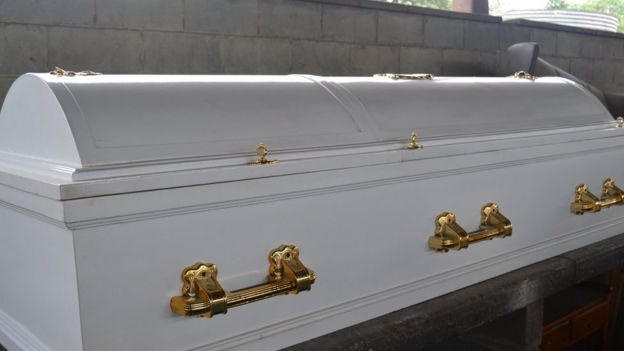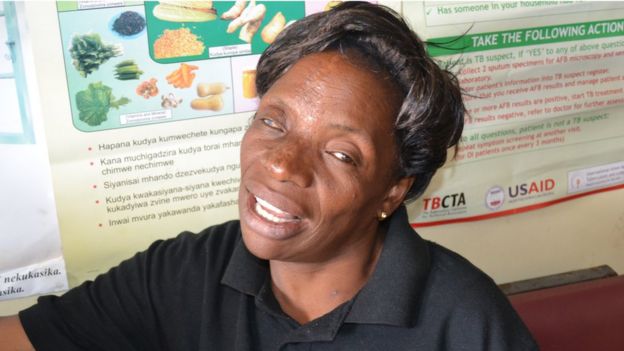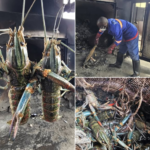Aids in Zimbabwe: Making decent burials affordable
Published on February 4, 2016 at 1:06 PM by FACE OF MALAWI
The atmosphere in John Mutau’s coffin-making workshop feels sombre.
Coffins ready for the market are lined up across the room, leaving little space for his workbench.
But even in this environment, the young coffin-maker still affords an infectious smile.
Based in the city of Mutare, in eastern Zimbabwe, he is quick to say that coffin-makers are not as heartless as many people in the country think they are.
Instead, he says, with an air of importance in his voice: “We actually want to make decent burials affordable.”
The 28-year-old is one of a number of young Zimbabwean entrepreneurs who in recent years have gone into coffin-making, after recognizing that it remains a lucrative industry because of Zimbabwe’s continuing high rate of Aids-related deaths.
While this may seem exploitative to some people, the new entrants say they are simply helping to meet a need, especially – they add – because their coffin prices are usually much cheaper than the country’s established big funeral parlors.
Discarded wood
Despite Aids-related deaths having fallen by more than two thirds in Zimbabwe since 2001, as a result of education campaigns and the increased availability of free anti-retro-viral drugs, more than 60,000 people a year still die because of the virus, according to the country’s National Aids Council.

The newer breed of Zimbabwean coffin-makers typically offer lower prices than their more established rivals
Meanwhile, the United Nations says that Zimbabwe has the fifth highest prevalence of HIV in sub-Saharan Africa, with an infection rate of 15%. This equates to 1.4 million people, and 15% of adults.
Currently only 618,000 of these infected Zimbabweans – less than one third – have access to the anti-retro-viral treatments.
To keep his costs down, Mr Mutau makes his coffins predominantly from wood discarded by local timber companies.
This means that his coffins can cost as little as $40, compared with between $200 and $2,000 at the large, decades-old funeral director businesses.
Still, Mr Mutau admits that he, and the other new entrants, have their critics.
Many people think we celebrate death but we don’t,” he says.
“We are here to provide cheap coffins to the bereaved families.”
Mr Mutau ventured into coffin making in 2005, but he admits that it was his business of last resort.
“I never dreamed of becoming a coffin-maker, but I need to feed my family,” he says.
“There are no jobs out there. I get up to $500 per month selling coffins.”
While Mr Mutau mostly works alone, if business is busy he brings in extra workers.

Phyllis Muloyi says it is very difficult for someone with HIV/Aids to get a bank loan
Another coffin-maker plying his trade in Mutare is 30-year-old Gift Olesi.
He went into the industry back in 2005 after he lost his job at a local timber company that was scaling down its operations due to falling sales.
Despite complaints from some people that he charges too much, Mr Olesi says he made a conscious decision to target the middle class, and so only makes coffins for more than $250.
“I get at least $900 a month, and I am able to feed my family,” he says.



